The Central Highlands is a famous coffee production and processing region in the country. Producing safe, quality and sustainable coffee in the basalt land is not only a solution to current challenges, but is becoming an important trend, a commitment for the future.
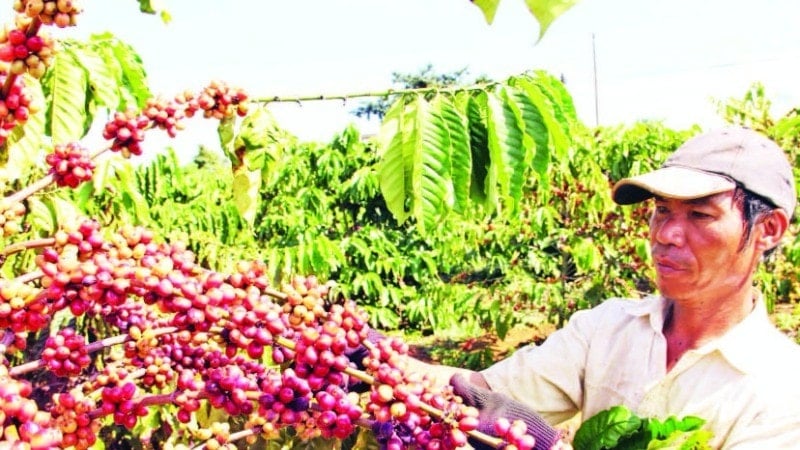 Coffee harvest season in Bao Lam district, Lam Dong province.
Coffee harvest season in Bao Lam district, Lam Dong province.Challenges in Sustainable Coffee Production
Coffee has been approved as a pilot raw material area among the five key raw material areas of Vietnam's agricultural sector. Currently, the country's coffee growing area is about 710,000 hectares, mainly concentrated in the Central Highlands. This is one of the main agricultural export products, while also creating jobs and increasing income for millions of farming households. However, according to Mr. To Viet Chau, Deputy Director of the Department of International Cooperation, Ministry of Agriculture and Environment, the Vietnamese coffee industry is facing problems with waste management in production. The overuse of herbicides has negatively impacted water resources, public health and the reputation of Vietnamese coffee in the international market.
Production reality shows that waste management in coffee production in the Central Highlands is still limited due to farmers' awareness, unsynchronized treatment technology and lack of support policies. Waste from coffee production such as fruit peels, coffee grounds, processing wastewater; fertilizer packaging, pesticides... have not been collected and treated properly, causing environmental pollution, land degradation and greenhouse gas emissions. The practice of intercropping fruit trees with coffee increases the risk of cross-contamination of pesticides, complicating the control of maximum pesticide residues in coffee beans.
Mr. Le Quoc Thanh, Director of the National Agricultural Extension Center, said that ensuring the responsible use of agricultural materials and proper collection and treatment of waste is a long-term process, requiring synchronous changes from policy to producer behavior. In that context, the Ministry of Agriculture and Rural Development (now the Ministry of Agriculture and Environment) approved the project "Building policy dialogue, enhancing capacity and awareness on the responsible use of agricultural materials, collection and treatment of waste in coffee production in Vietnam". The project will be implemented in the Central Highlands in 2024 and 2025, chaired by the National Agricultural Extension Center, with funding from the Global Coffee Platform (GCP) in Vietnam.
Responsible Coffee Production
GCP Vietnam Chief Representative Pham Quang Trung emphasized: “Currently, important markets such as the European Union (EU), the United States, Japan, etc. are increasingly strict about food safety and traceability. Therefore, responsible actions in coffee production and processing are the conditions for Vietnamese coffee to firmly step out into the world.”
To implement the project objectives, the National Agricultural Extension Center organized 12 training courses for 360 trainees from the Central Highlands provinces; two policy consultation workshops to develop solutions for waste collection and management in coffee production; two communication seminars to spread awareness and environmental responsibility in the community. Thereby, the project has achieved remarkable results in raising awareness among agricultural extension officers, community extension officers and coffee producers about the necessity of proper waste collection and treatment; understanding the strict requirements of the market on food hygiene and safety for coffee products. The project also disseminated essential knowledge and skills to apply sustainable farming processes; provided information and recommendations to management agencies and stakeholders, to review and adjust policies in safe, quality and sustainable coffee production.
Mr. K'Cuong, a coffee farmer in Lac Duong district, Lam Dong province, shared: "My family has more than 2 hectares of Arabica specialty coffee that is being produced sustainably. With support from the project, we have been able to access solutions for weed management, biological herbicides and waste treatment in production."
Binh Dong Farm in Bao Lam District, Lam Dong Province currently has 90 hectares of coffee cultivation and 2.5 hectares of factory. Mr. Nguyen Thanh Loc, CEO of Binh Dong Farm, said that the key issue in sustainable coffee production is treating wastewater and coffee husks before releasing them into the environment. Binh Dong Farm prioritizes solutions that use less water in wet processing plants and coffee hulling and sorting plants. Coffee husks are used as organic fertilizer combined with biological products, and treated wastewater is reused.
Currently, Lam Dong has 176,000 hectares of coffee trees, of which the business area is 169,000 hectares, with an output of nearly 600,000 tons/year. The whole province has 86,000 hectares of coffee meeting organic, VietGAP, 4C certification standards; 170 processing facilities. In 2024, the export output of coffee beans will be more than 50,000 tons, with an export value of 170 million USD. According to Deputy Director of the Department of Agriculture and Environment of Lam Dong province Nguyen Hoang Phuc, every year, local coffee farmers use more than 350,000 tons of fertilizer. Waste treatment when using fertilizers and pesticides is always a matter of concern for the province. The provincial authorities will regularly inspect and examine compliance with legal regulations on collection, treatment of by-products, pesticide packaging; waste and wastewater treatment.
Mr. Le Quoc Thanh said that in 2024, Vietnam's coffee exports will reach 1.32 million tons, with a turnover of 5.48 billion USD, although down 18.8% in volume but up 29.11% in value compared to the same period in 2023. This is the first time our country's coffee exports have exceeded the 5 billion USD mark, proving that we have approached the production chain to increase product value through access to sustainable production, quality and green growth.
To produce safe and sustainable coffee to meet the export market, Mr. Thanh emphasized that the first solution is to focus on building standard raw material areas and reorganizing production; at the same time, applying production support solutions, especially processes and technologies, which are both effective and ensure the requirements of high standards and quality that the market desires.
Source: https://baodaknong.vn/san-xuat-ca-phe-ben-vung-tai-tay-nguyen-249646.html


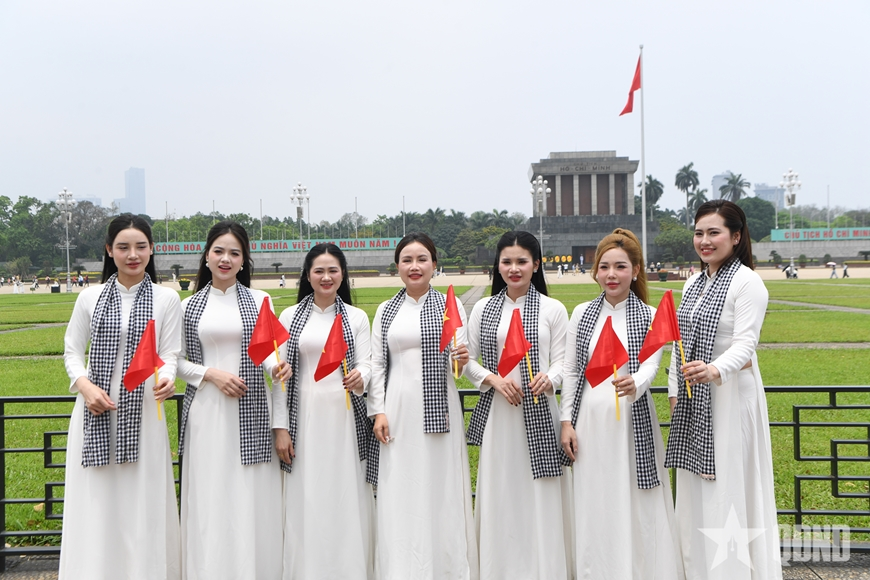
![[Photo] Liberation of Truong Sa archipelago - A strategic feat in liberating the South and unifying the country](https://vstatic.vietnam.vn/vietnam/resource/IMAGE/2025/4/25/d5d3f0607a6a4156807161f0f7f92362)
![[Photo] President Luong Cuong meets with Lao National Assembly Chairman Xaysomphone Phomvihane](https://vstatic.vietnam.vn/vietnam/resource/IMAGE/2025/4/25/dd9d8c5c3a1640adbc4022e2652c3401)
![[Photo] General Secretary To Lam receives Philippine Ambassador Meynardo Los Banos Montealegre](https://vstatic.vietnam.vn/vietnam/resource/IMAGE/2025/4/24/6b6762efa7ce44f0b61126a695adf05d)
![[Photo] President Luong Cuong holds talks with Lao General Secretary and President Thongloun Sisoulith](https://vstatic.vietnam.vn/vietnam/resource/IMAGE/2025/4/24/98d46f3dbee14bb6bd15dbe2ad5a7338)
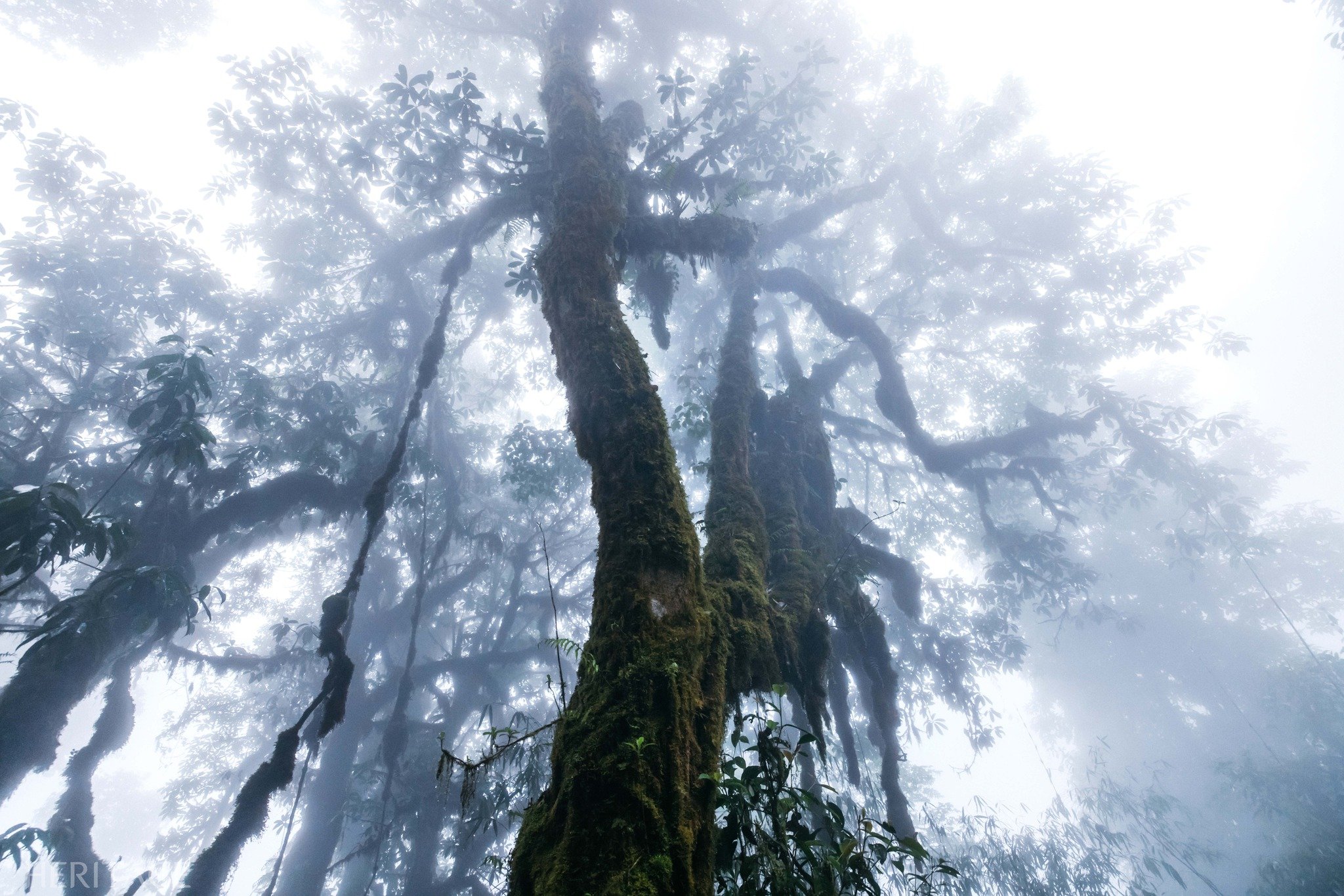
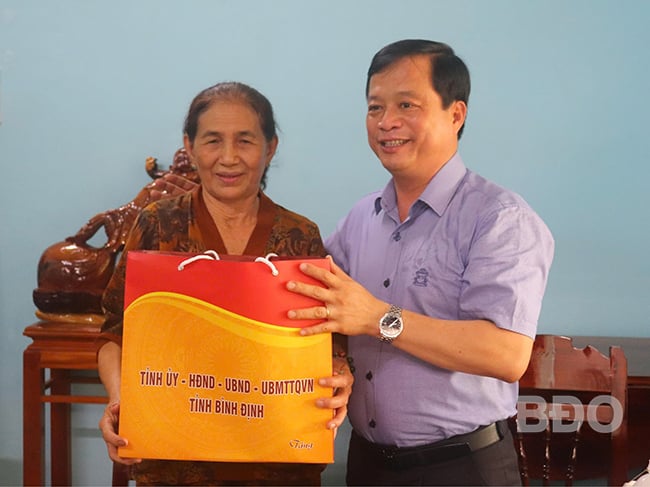
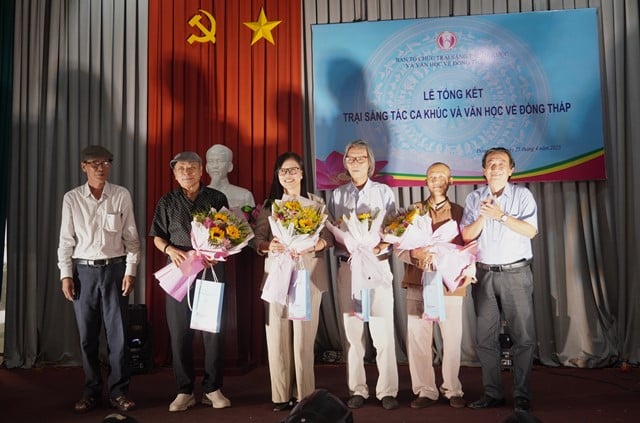

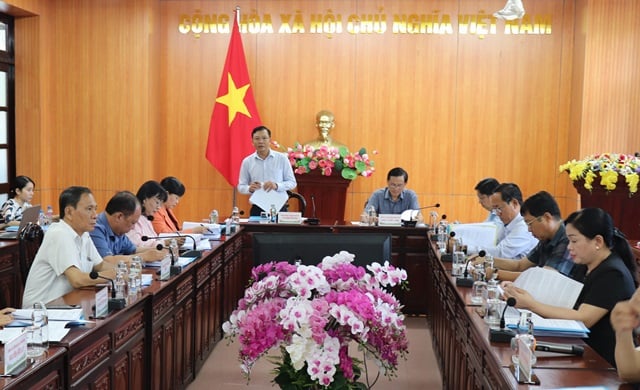

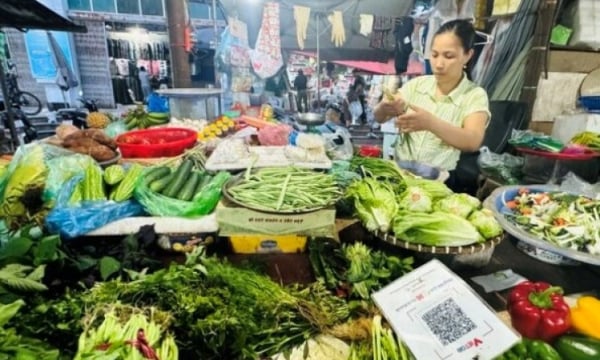
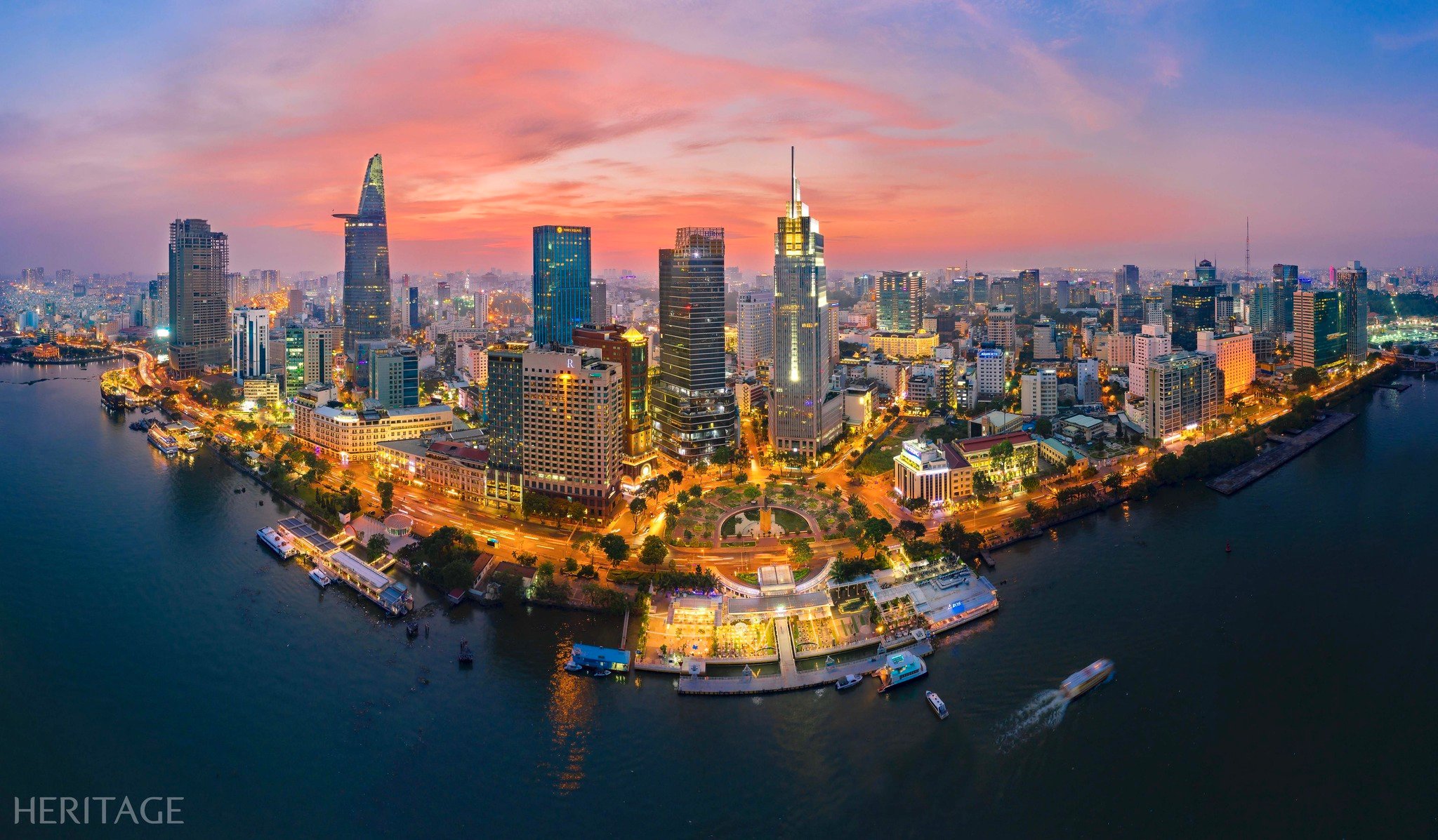



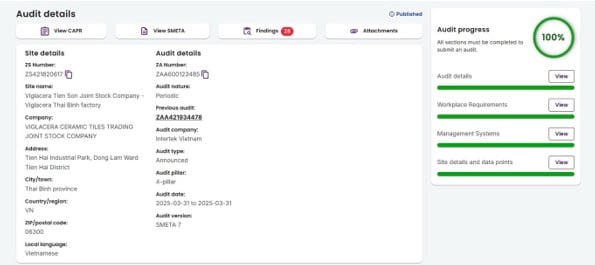
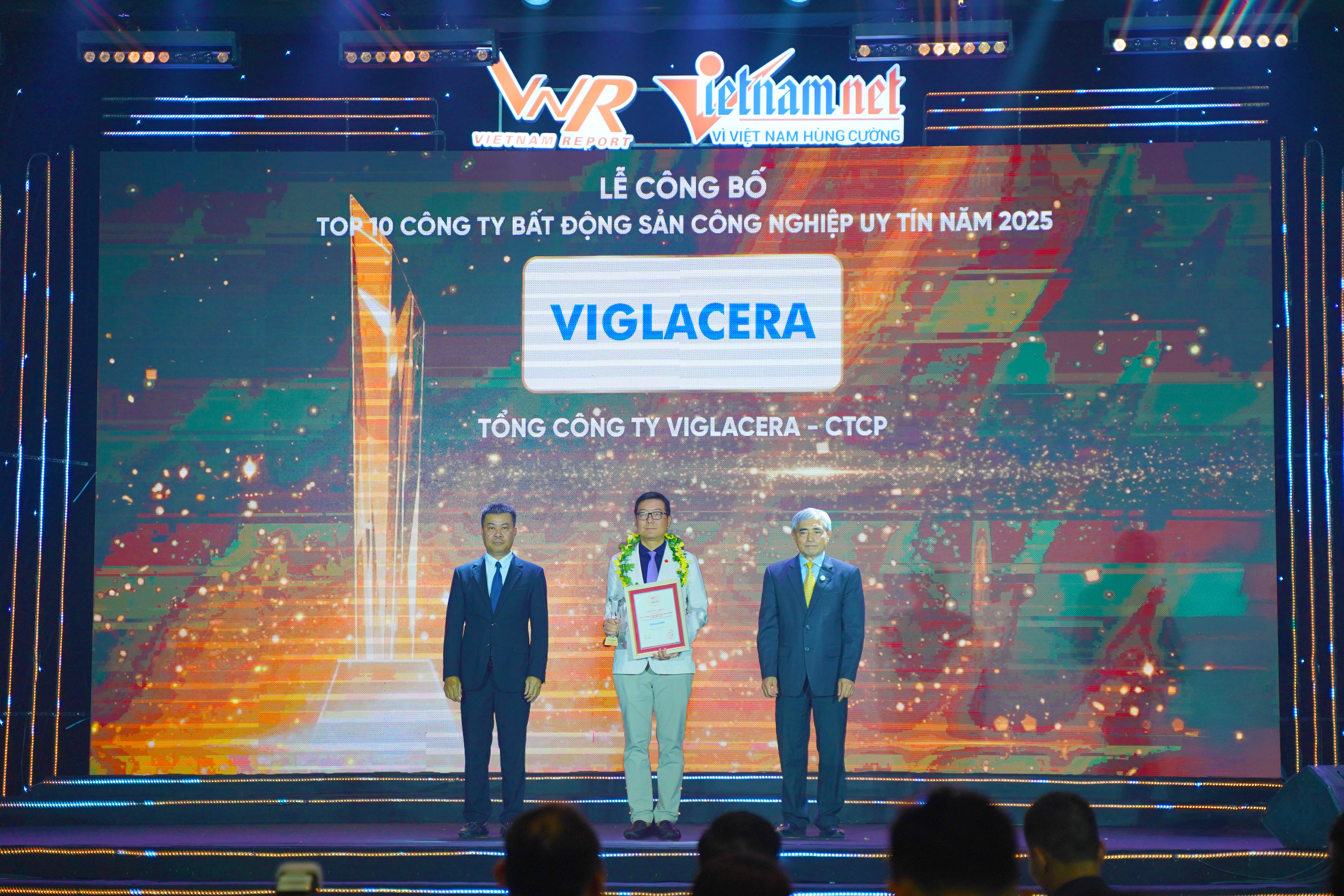
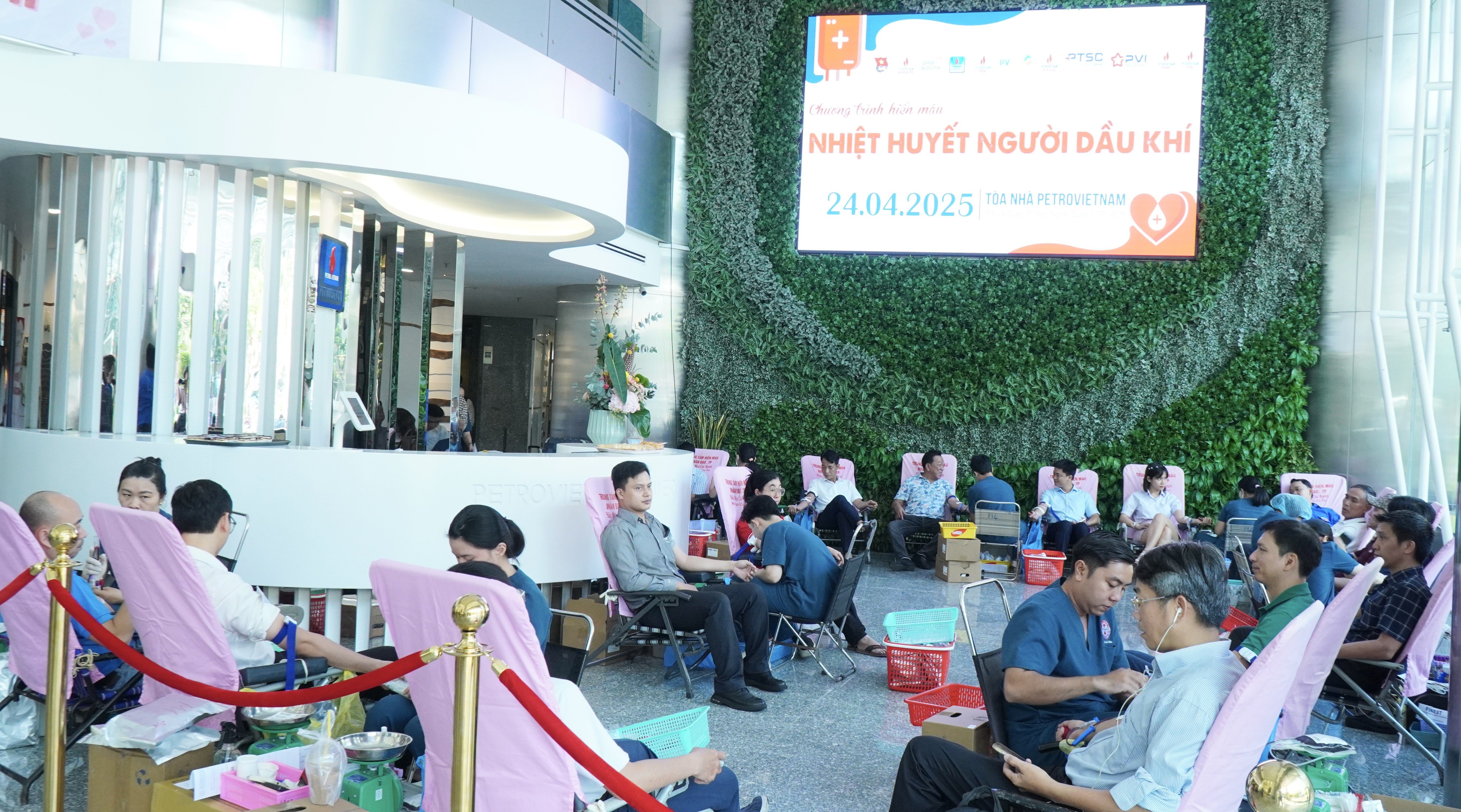

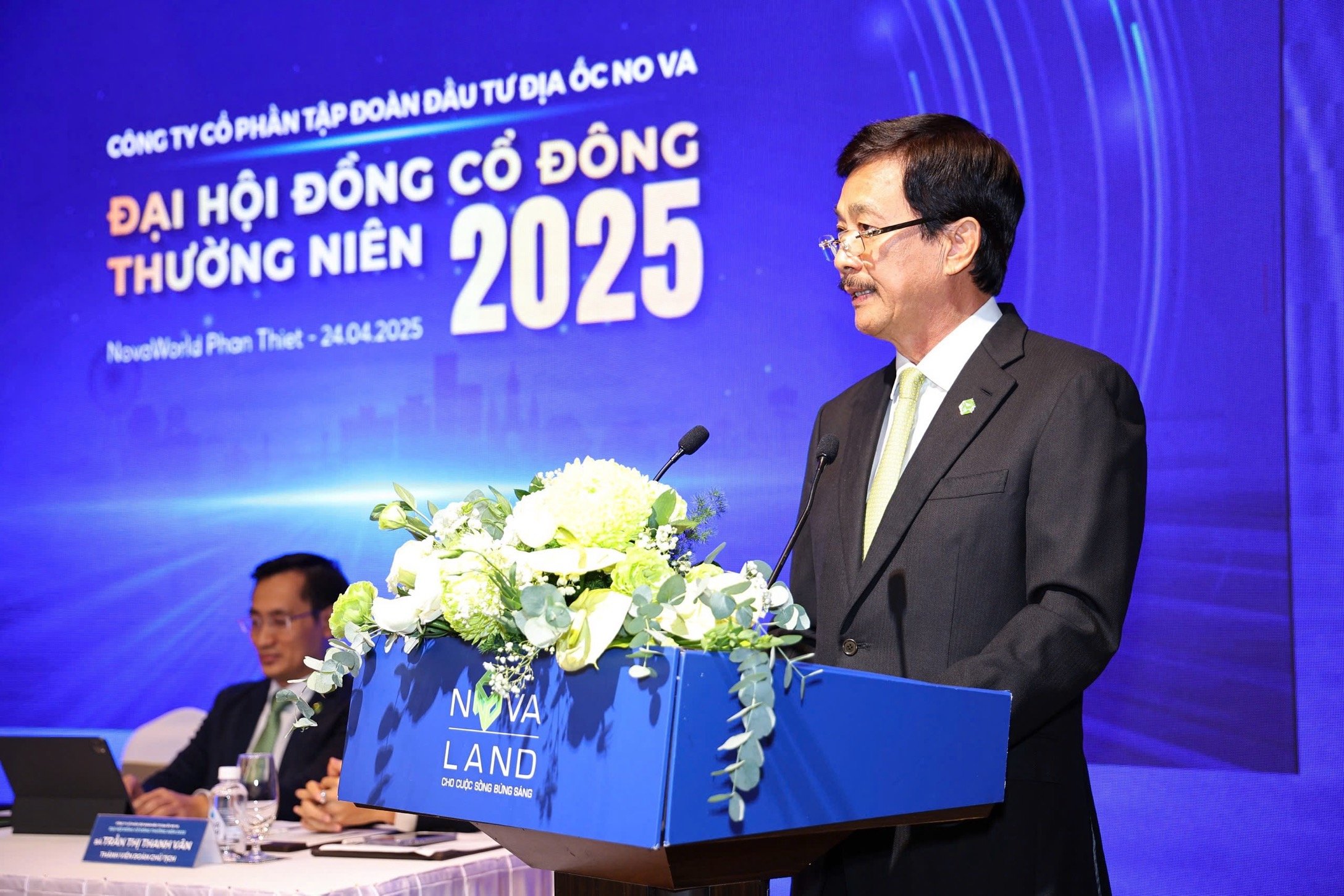
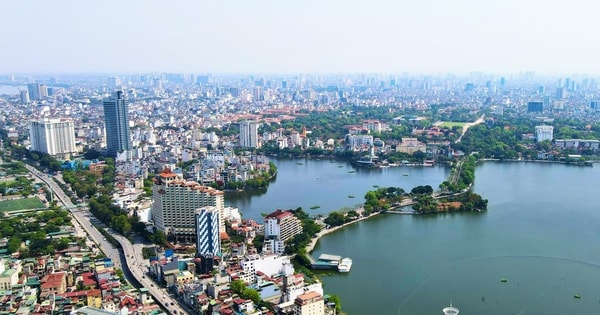




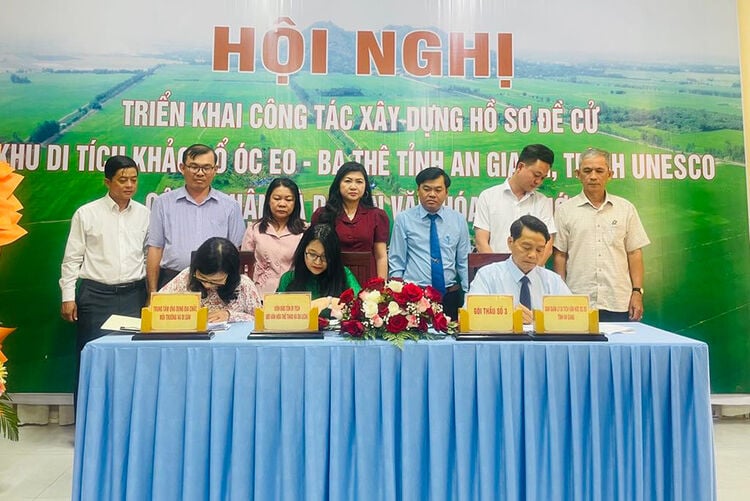

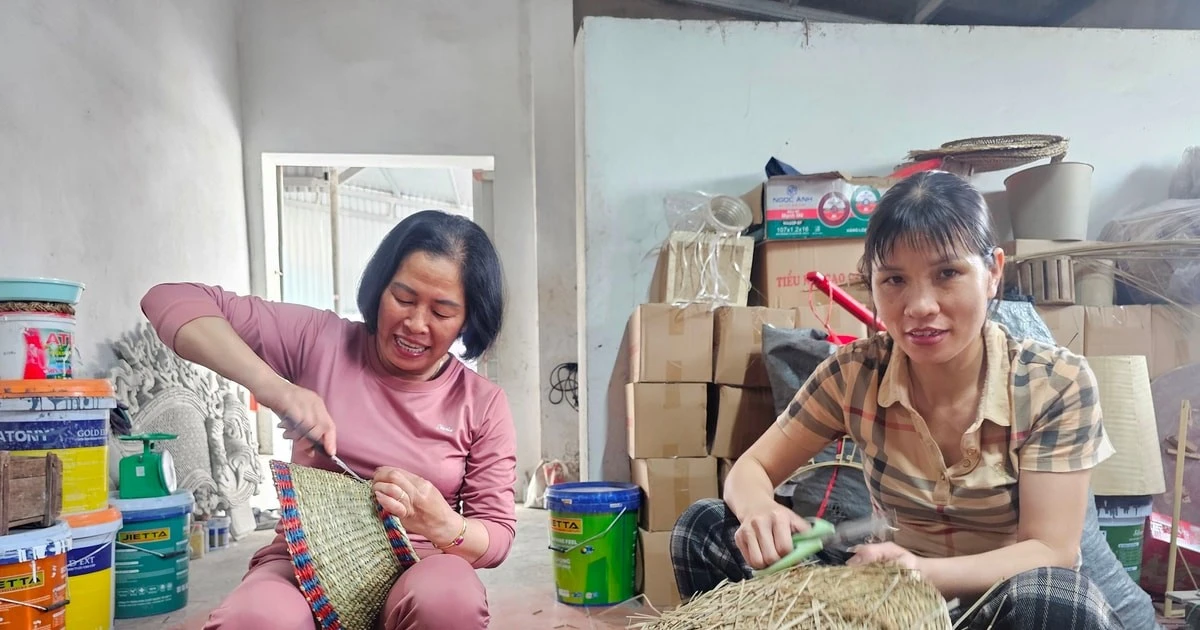



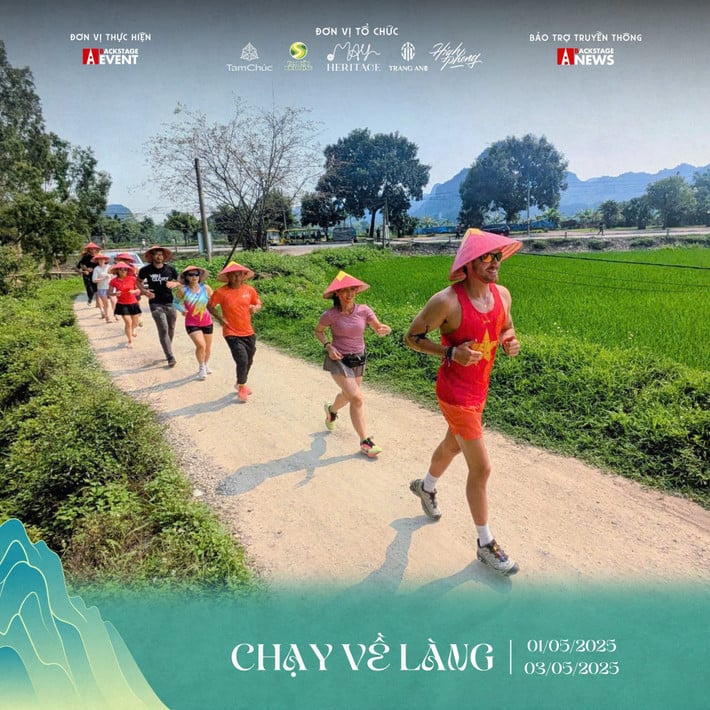





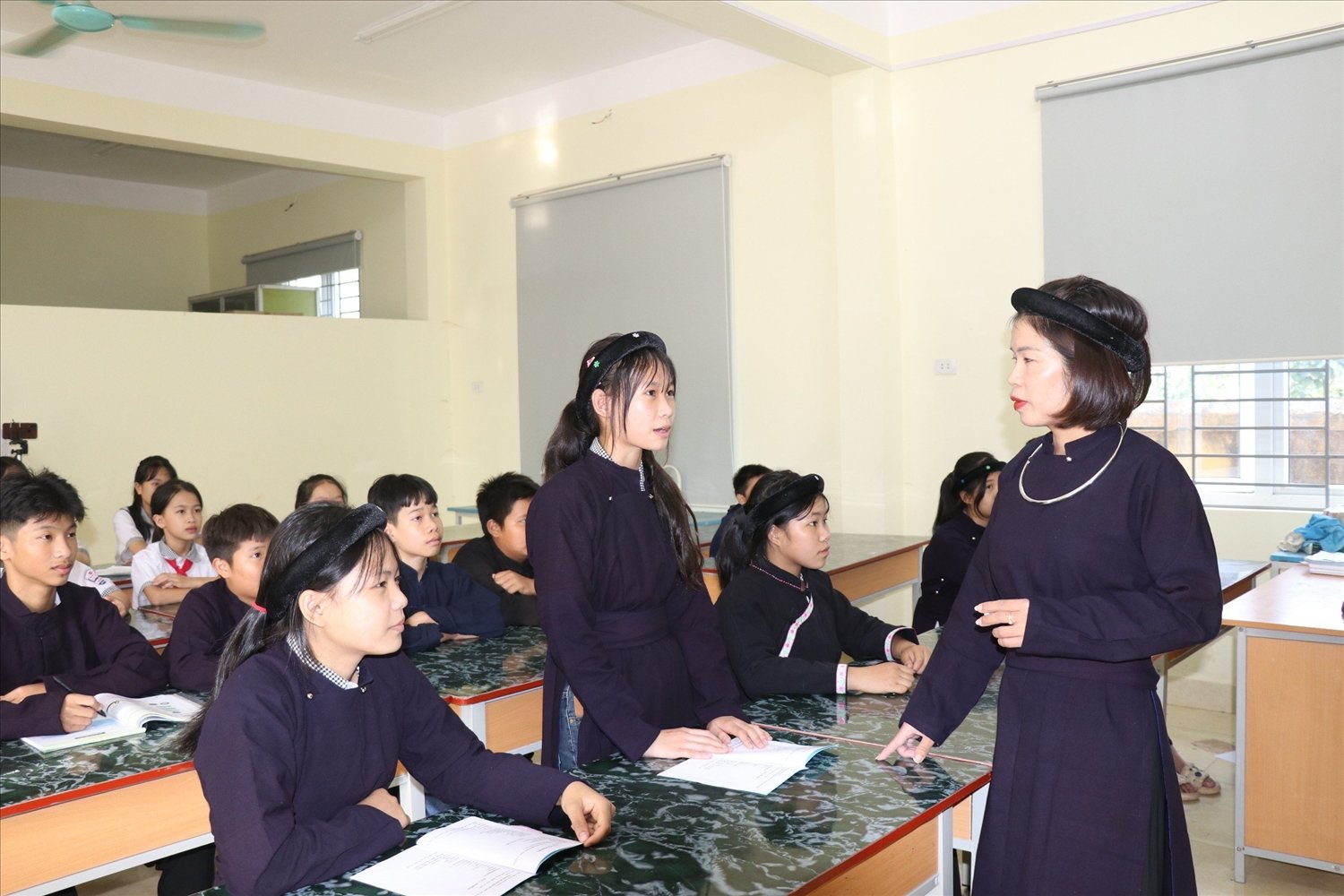



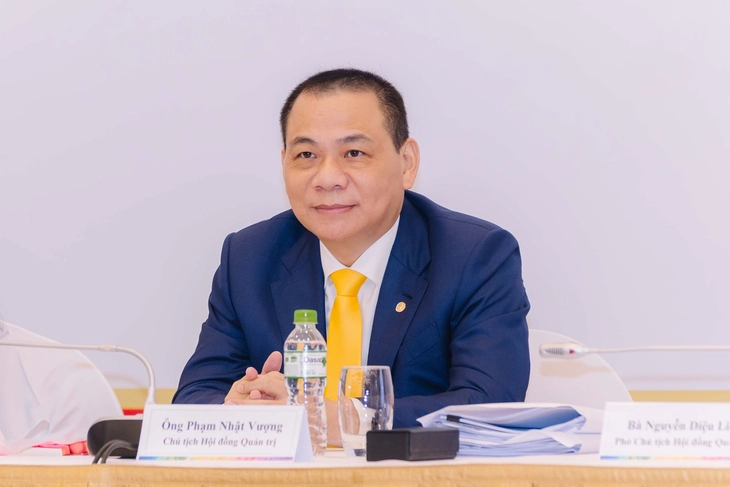









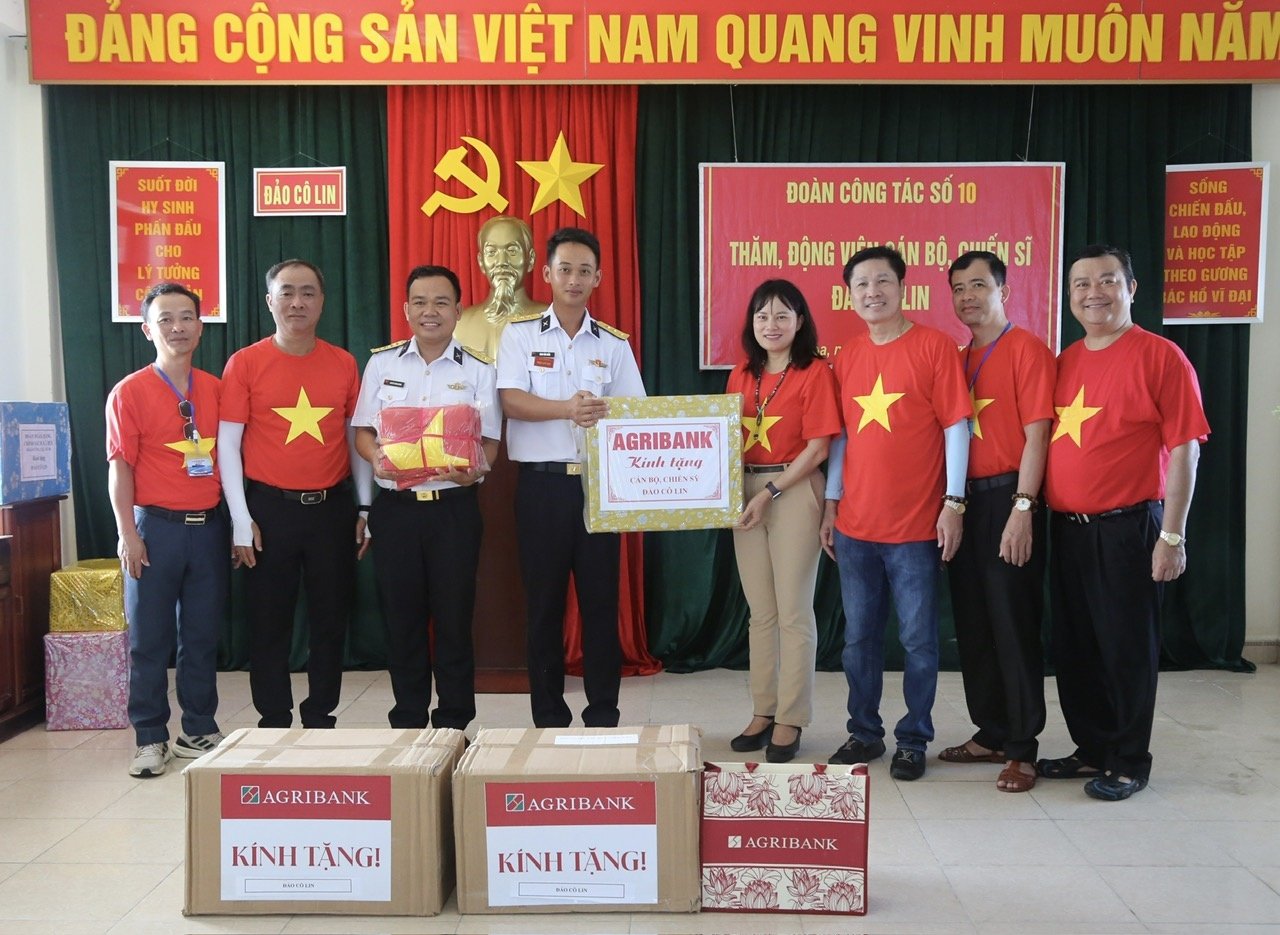




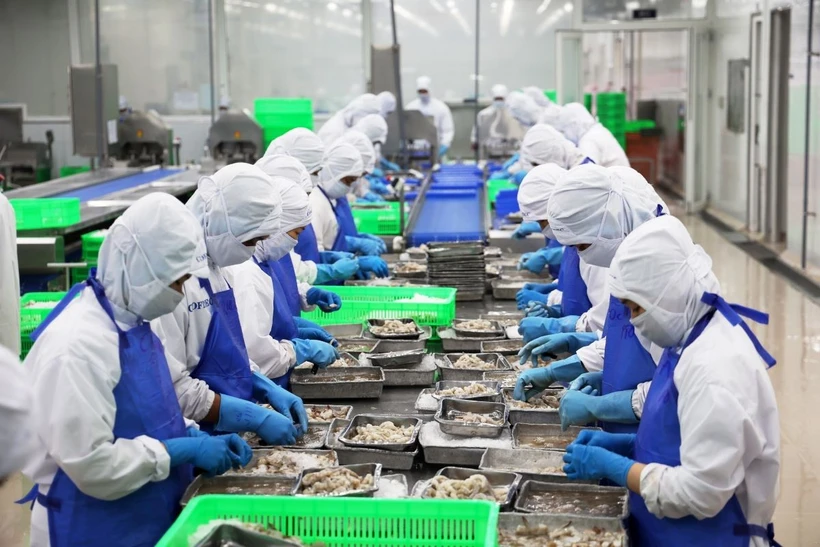




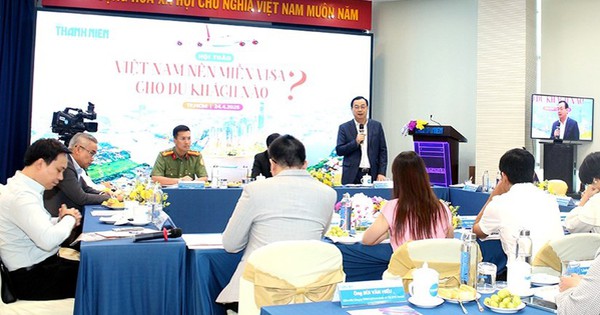

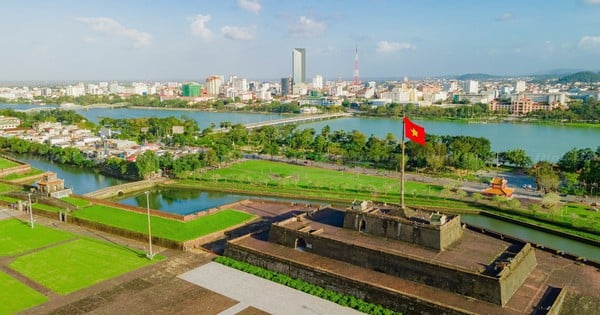
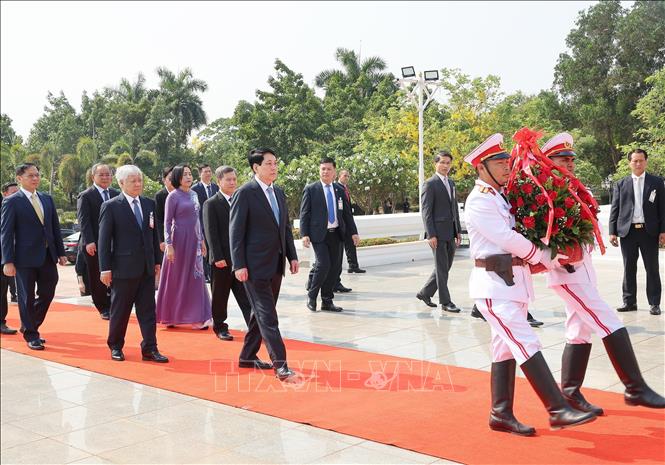






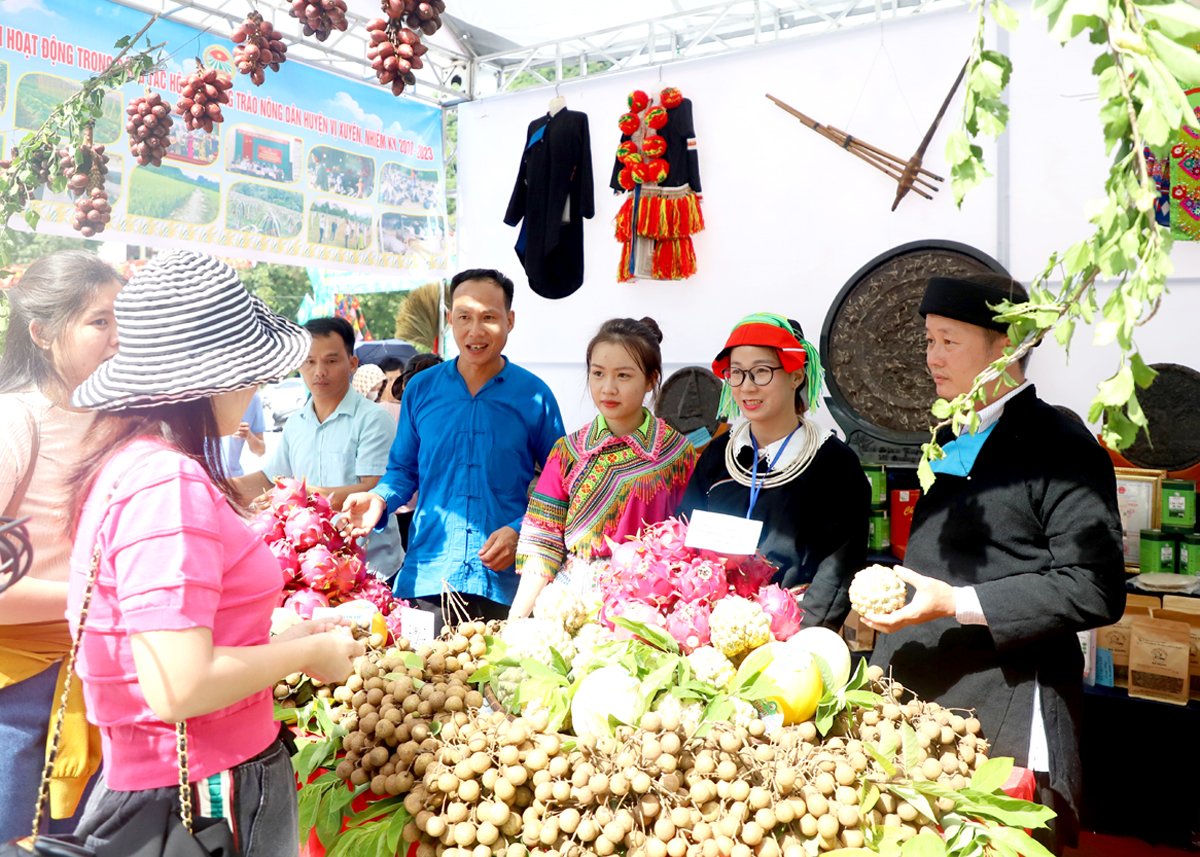

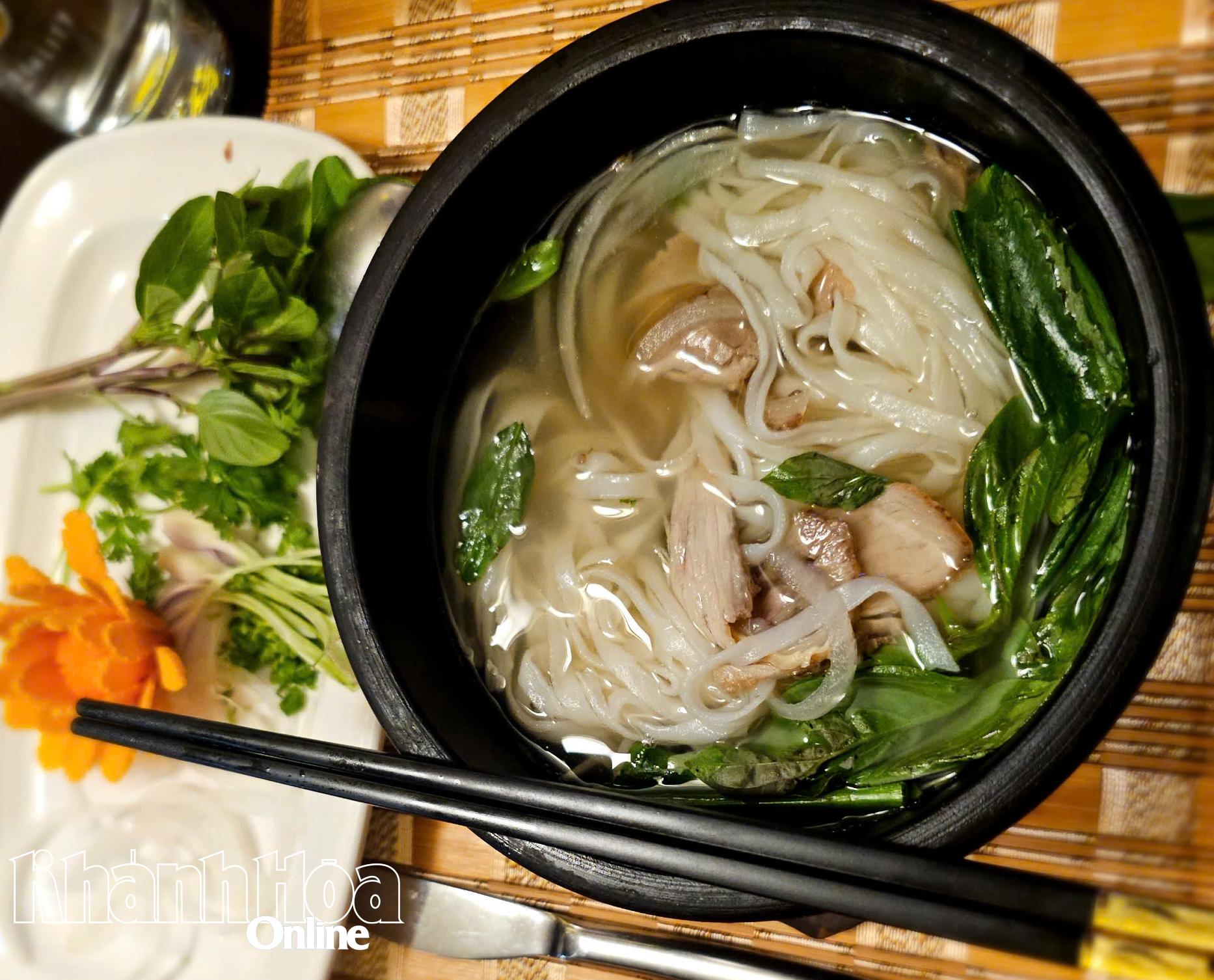

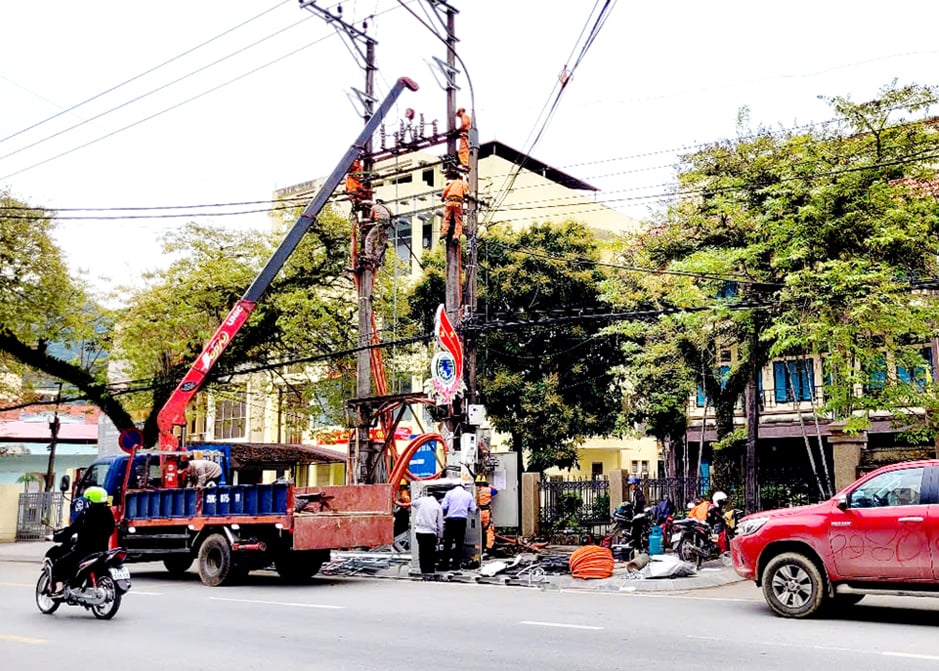

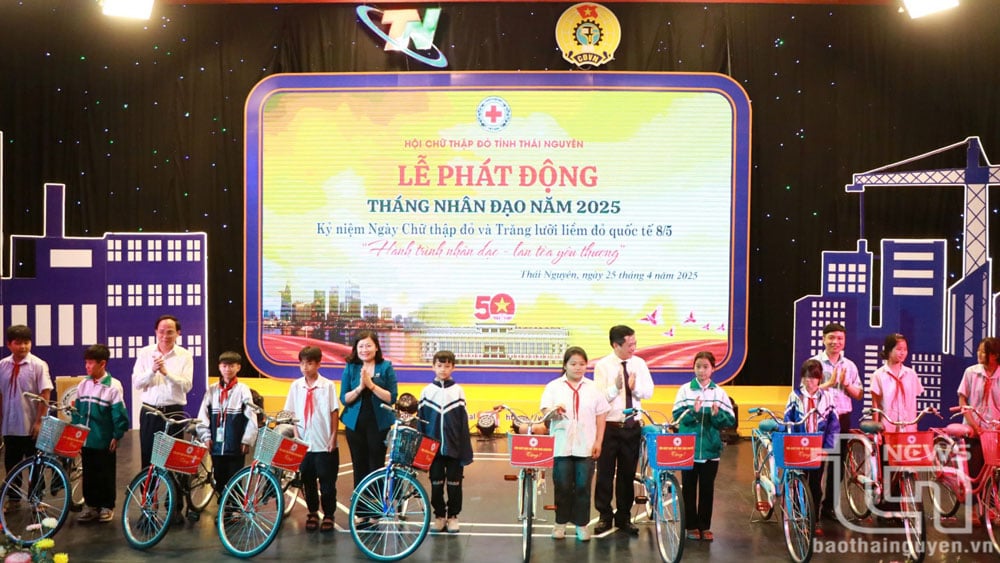

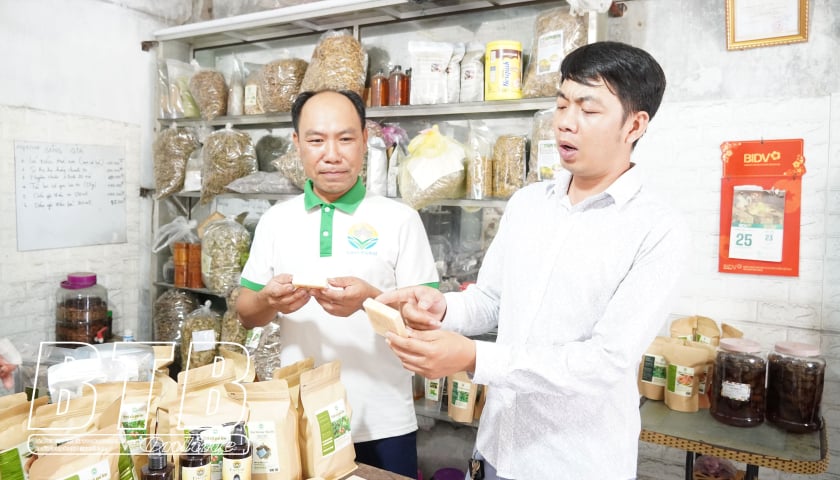



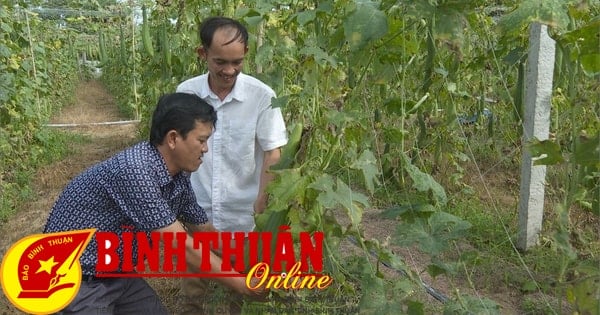

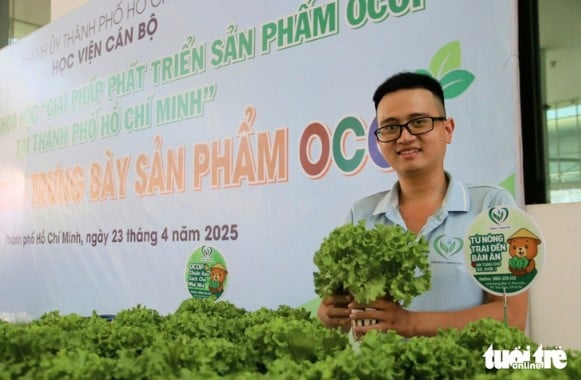
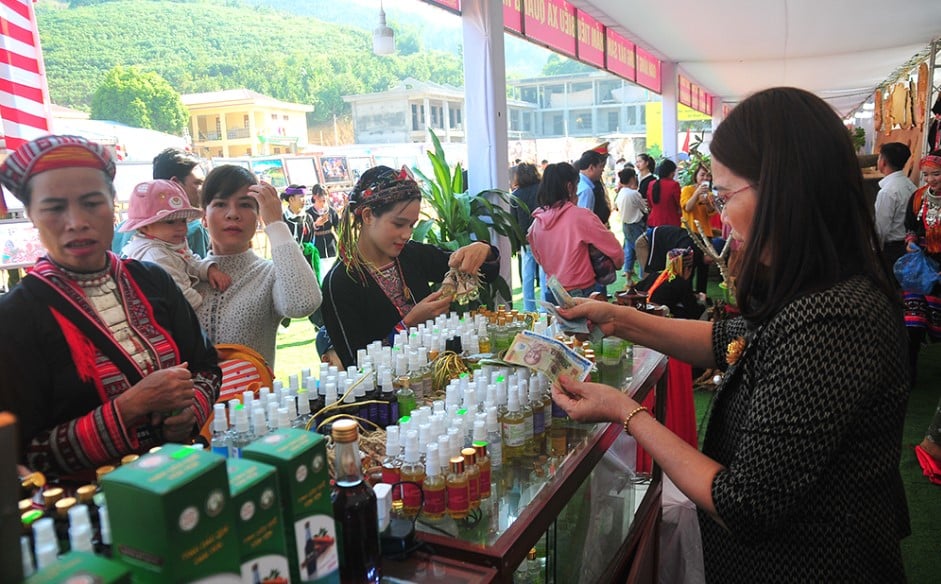

Comment (0)